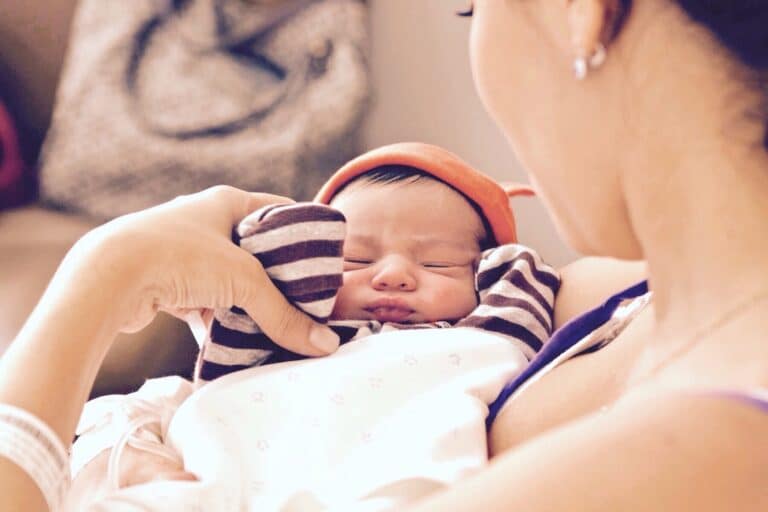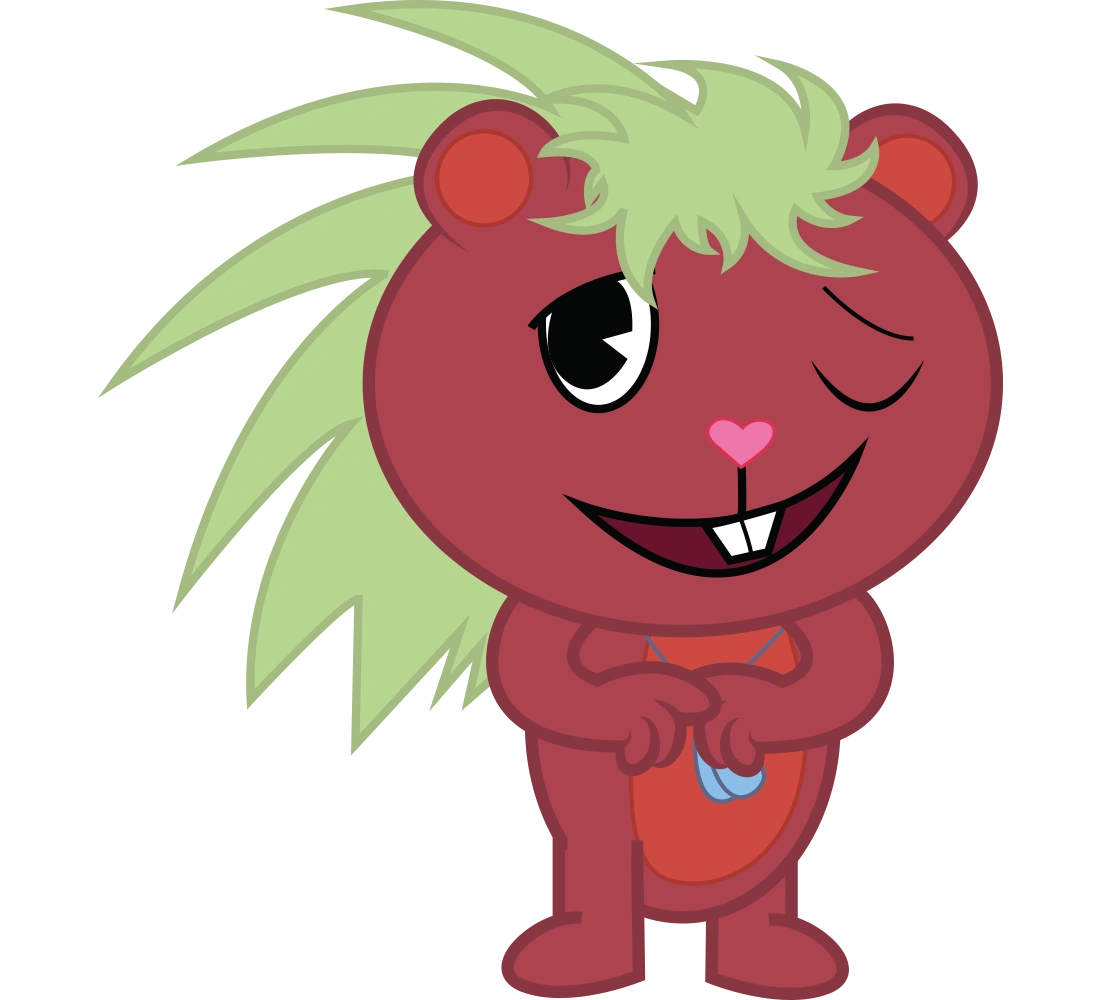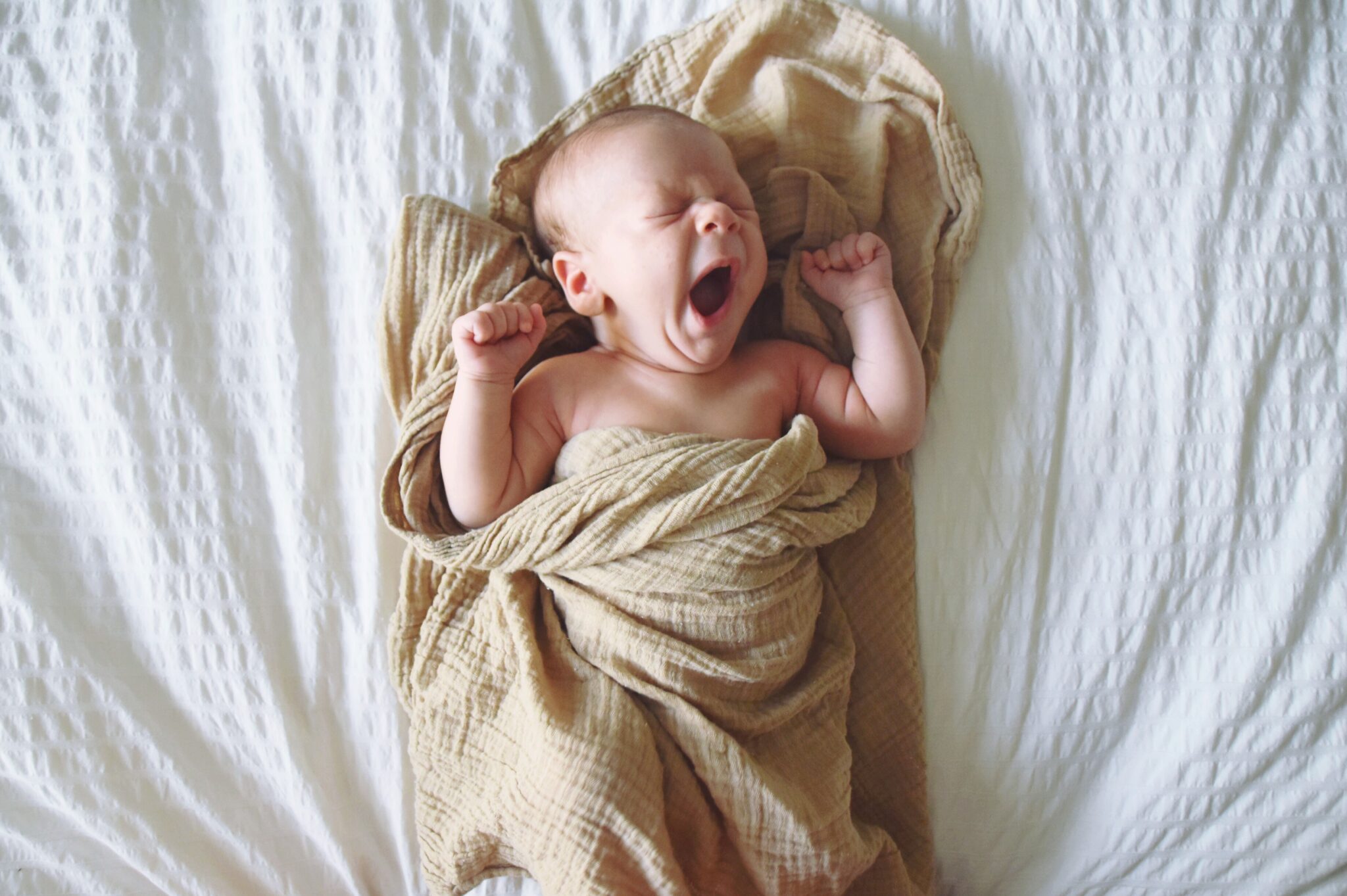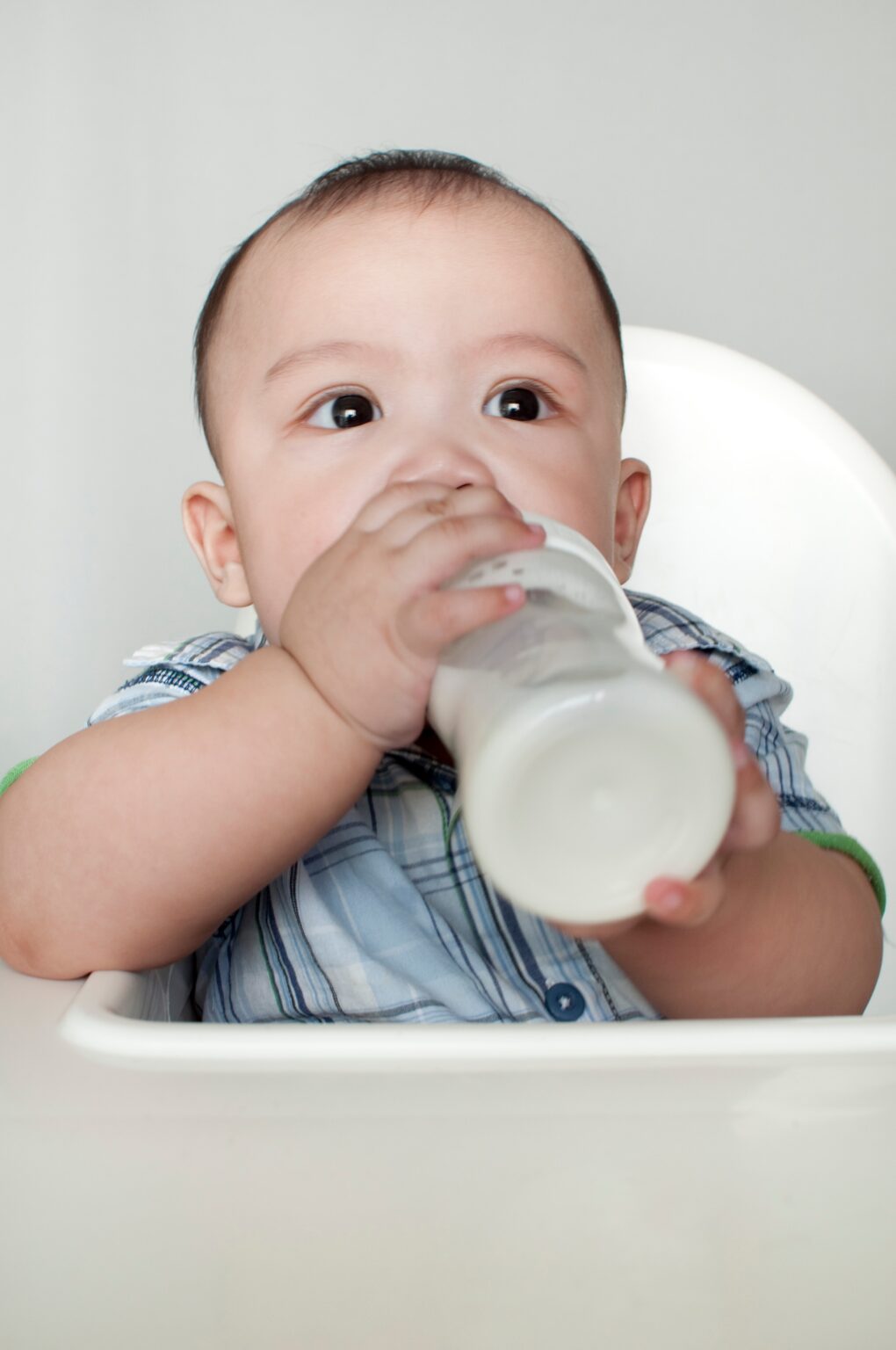
What Does It Mean When A Baby Shudders? (8 POSSIBLE REASONS!)
Shudder Attacks are defined as benign 'seizures' (they aren't technically seizures but there isn't a better fitting term) that occur most often when a baby is feeding and drifting off into.

What Is Infant Shudder Syndrome? Captions Blog
Infantile spasms (also called epileptic spasms) are a type of seizure. A seizure is a burst of uncontrolled electrical activity between brain cells that causes temporary abnormalities in muscle tone or movements, behaviors, sensations and/or states of awareness. Not all seizures are alike. Spasms are typically shorter than what most people.

Shudders Happy Tree Friends Fanon Wiki Fandom
Babies do shudder at times and that is normal. Some have repeated shuddering episodes, and may have the infant shudder syndrome. Even though it may appear frightening, infants who have seen experts have no abnormal findings and eventually grow out of it.

Baby Shudders 8 reasons infants shudder and how to help
Rio, 7 months, shudders after tasting onions for the first time. Elliott, 6 months, explores mashed avocado. Callie, 12 months, spits out orange segments. 4. Making faces. Why they do it: Babies are still getting used to the new and exciting world of food which is filled with flavors and textures.

When EATING Gave Nimrat SLEEPLESS NIGHTS movies
During an infantile spasm, a baby may stiffen and extend their arms, while scrunching up their knees or bending their neck forward. "Typically, with infantile spasms, the baby's arms extend out suddenly, and the body may scrunch forward at the waist with the knees drawn up," explains Dr. Talai. "However, infantile spasms can also be mild, and.

What Does It Mean When A Baby Shudders? (8 POSSIBLE REASONS!)
Shuddering attacks (SA) are an uncommon benign disorder of infants and young children, with movements resembling shivering and straining, without impaired consciousness or epileptiform EEG, and showing resolution or improvement by 2 or 3 years of age. One previous report considered SAs an early manifestation of essential tremor [ 2 ].

What Does It Mean When A Baby Shudders? (8 POSSIBLE REASONS!)
This may mean seizures, epilepsy, injuries, fever, or neurodevelopmental problems. If your baby experiences shuddering attacks for a period longer than 20 seconds, take note of additional symptoms such as: Lack of appetite. High temperature. Unusual eye movement.

FileWoman eating an apple.jpg Wikimedia Commons
Weaning: 4 month old baby. Babies (birth - 12 months) 9 month old average weight. Babies (birth - 12 months) Hyperactive 4 month old baby. Shona P (2) 13/04/2008 at 4:29 pm. Since he was a few months old, DS has been known to "shudder" but he only does it when he's peeing.. 0.

*shudder* Imgflip
The parents reported that these attacks seemed to occur particularly while eating (video 2) and were often preceded by myoclonic jerks of the mouth. The patient was staring but seemed alert. Onset and termination of the events were always abrupt and the child immediately continued his activities. Duration of the episodes was no longer than 5 to.

Pin on teaching ideas
The problem: Your baby sticks out her tongue while you feed her. The problem: Your baby is constipated after you start solids. show all. Some lucky parents have a little one who's happy to wolf down whatever comes her way. More often, however, babies stumble over one or two (or three) feeding hurdles as they start eating solids.

Shudders and awnings repaint YouTube
In short, it's pretty normal for newborns to shake or tremble a bit. Their neurological system is still developing, so you may notice quivers or shakes during the first few months. My baby used.

*shudders* in 2022 T shirts for women, Women, T shirt
We report a shivering, jittery newborn who was subjected to a battery of testing, with the only biochemical abnormality being vitamin D deficiency. A second case had chin tremors and vitamin D deficiency. Review of our patients suggests that shudders, shivers, jitteriness, or tremors may be the earliest sign of vitamin D deficiency in the newborn.

Infant shudder syndrome YouTube
Jerky arm movements in a 6 month old. Infant's head thrashing. 8-month-old's involuntary head jerking. 9-month-old shuddering her upper body. 9-month-old shaking his head from side to side. 2-year-old shaking his head from side to side. Hand tremors in 6-year-old child. Related page: Head Banging.

FileWinter baby 10monthsold.jpg Wikimedia Commons
Shuddering attacks typically present as stiffening, tonic posturing, and rapid shivering movements of the head and upper extremities, at times involving the trunk. 1, 2, 5, 6 Facial expression can change during an attack, including staring, 2, 4, 6 eye deviation, lip tightening, and teeth clenching. 6 Events typically last from a few to 15.

What Does It Mean When A Baby Shudders? (8 POSSIBLE REASONS!)
Shuddering when eating. Mylittle girl has started shuddering, usually when she eats but not every time she eats. She clenches her jaw, fists, stiffens her arms, and shudders or shakes for a couple of seconds at the most. I have had a quick google and it seems this is a fairly common occurence and might even be Infant Shuddering Syndrome - does.

Shudders The Side Eye Men by Adrian Turner Goodreads
During a spasm, the body stiffens suddenly. The back may arch, and the arms, legs, and head may bend forward. However, infantile spasms can sometimes be hard to notice—perhaps only the eyes roll up or there is a small tummy crunch. Infantile spasms are most common just after a baby wakes up and rarely occur during sleep.